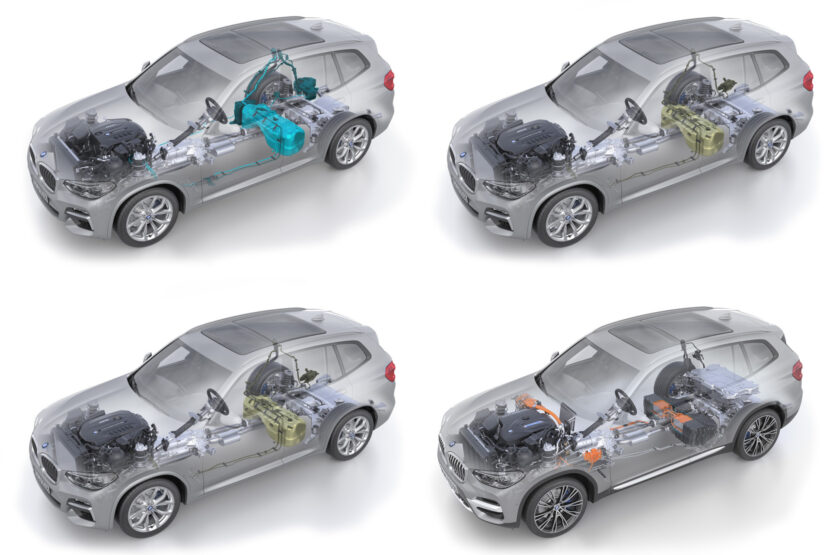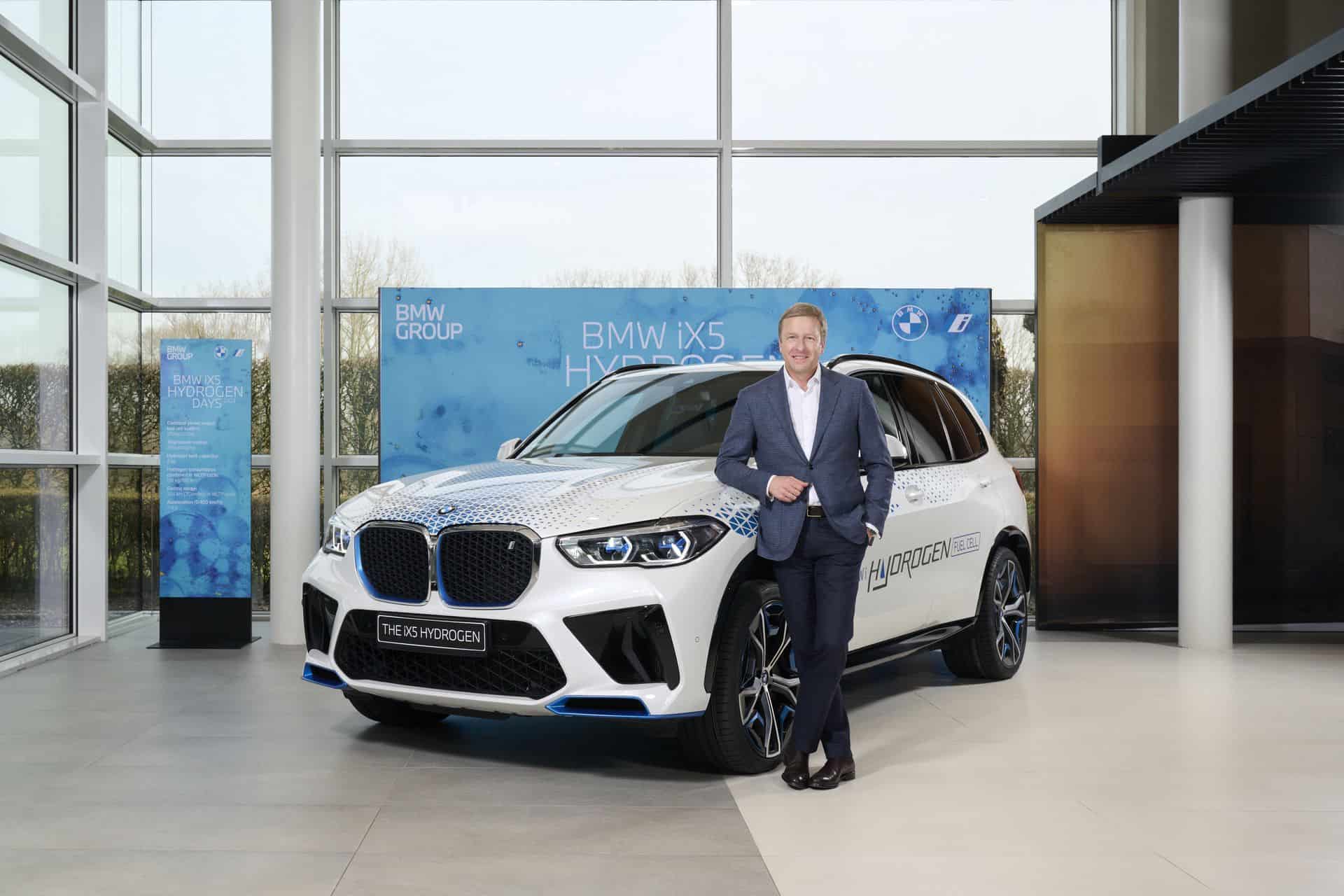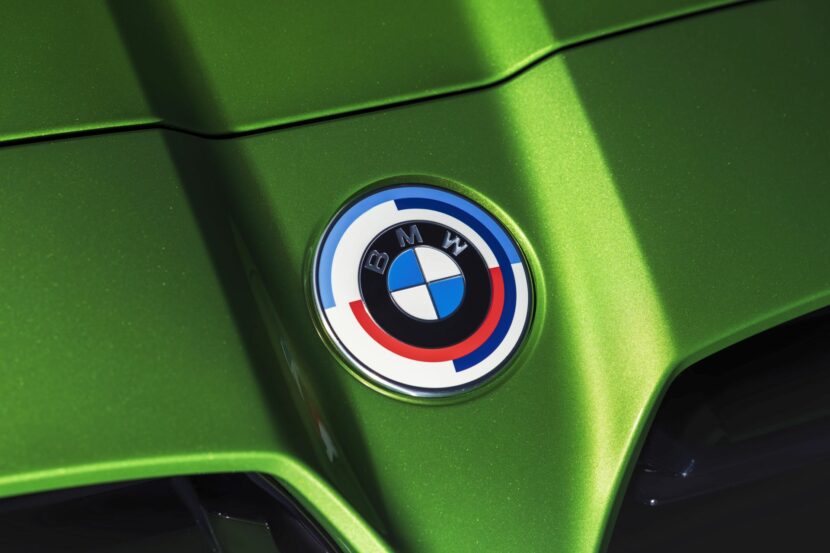In 2025, BMW will usher in a new chapter in its storied history with the debut of the Neue Klasse. This new lineup of fully electric vehicles will take the company into the next decade with a focus on innovation, sustainability, and advanced technology. In an interview with Autonews, BMW CEO Oliver Zipse offered new insights into the future of the Munich-based company.
Reimagining BMW’s Core with Neue Klasse
The Neue Klasse will launch with two models that hit at the heart of BMW’s portfolio. Although the BMW CEO didn’t reveal the names of the models, they are most likely the BMW iX3 SUV and the i3 sedan. These segments are BMW’s bread and butter, ensuring a strong foundation for the Neue Klasse’s rollout to other categories.
CEO Oliver Zipse believes the timing couldn’t be better. “The year 2025 is perfect because it aligns with the introduction of next-generation technologies. Combined with a new architecture, we’re unlocking possibilities just in time for the further ramp-up of electric mobility.” Furthermore, Zipse says that BMW has completely restructured its research and development processes and embraced a fresh design philosophy.
Even though the overall market for EVs has cooled down after subsidies were cut, Zipse remains optimistic about the growth in 2024 and 2025. Additionally, the BMW boss sees this trend accelerating further with the Neue Klasse, calling e-mobility the company’s “strongest growth driver” in the years ahead.
Key to this push is BMW’s global manufacturing strategy. The company’s new plant in Debrecen, Hungary, is already producing test vehicles for the Neue Klasse, while its Spartanburg facility in South Carolina is preparing for BEV production alongside a new battery plant nearby.
Multiple Car Architectures

Of course, BMW is hedging its bets, as they have done over the last few years. The company will continue to offer combustion-powered vehicles on the CLAR platform, featuring gasoline, diesel and plug-in hybrids. Even electric SUVs, like the BMW iX5, iX6 and iX7, will use the CLAR flexible platform. Starting in 2025, all diesel-powered models produced in Germany will be filled with HVO100, a renewable fuel that cuts CO2 emissions by up to 90%.
Hydrogen: A Bet on the Future
While most of the industry’s attention is on electric vehicles, BMW is also betting on hydrogen. In partnership with Toyota, the company plans to bring a hydrogen fuel cell vehicle to market in 2028. “Hydrogen’s big advantage is its compatibility with existing EV platforms,” Zipse explained. By leveraging the same installation spaces for batteries and fuel cells, BMW is positioning itself as a leader in flexible, forward-thinking mobility solutions.
Looking to 2035 and Beyond
As BMW peers into the future, it’s clear that the Neue Klasse is just the beginning. The company envisions a world where driving pleasure, emotive design, and digital innovation coexist seamlessly. Next-generation software will play a central role in this transformation, with the digital experience becoming an increasingly important factor in customers’ purchasing decisions.
At the same time, BMW is staying true to its roots. “Driving dynamics and emotive design will remain at the core of BMW,” Zipse emphasized. It’s this blend of tradition and innovation that BMW hopes will set it apart as the industry evolves.
[Source: Autonews]







































































